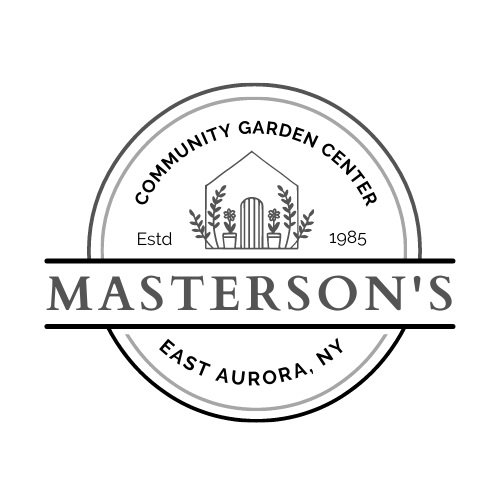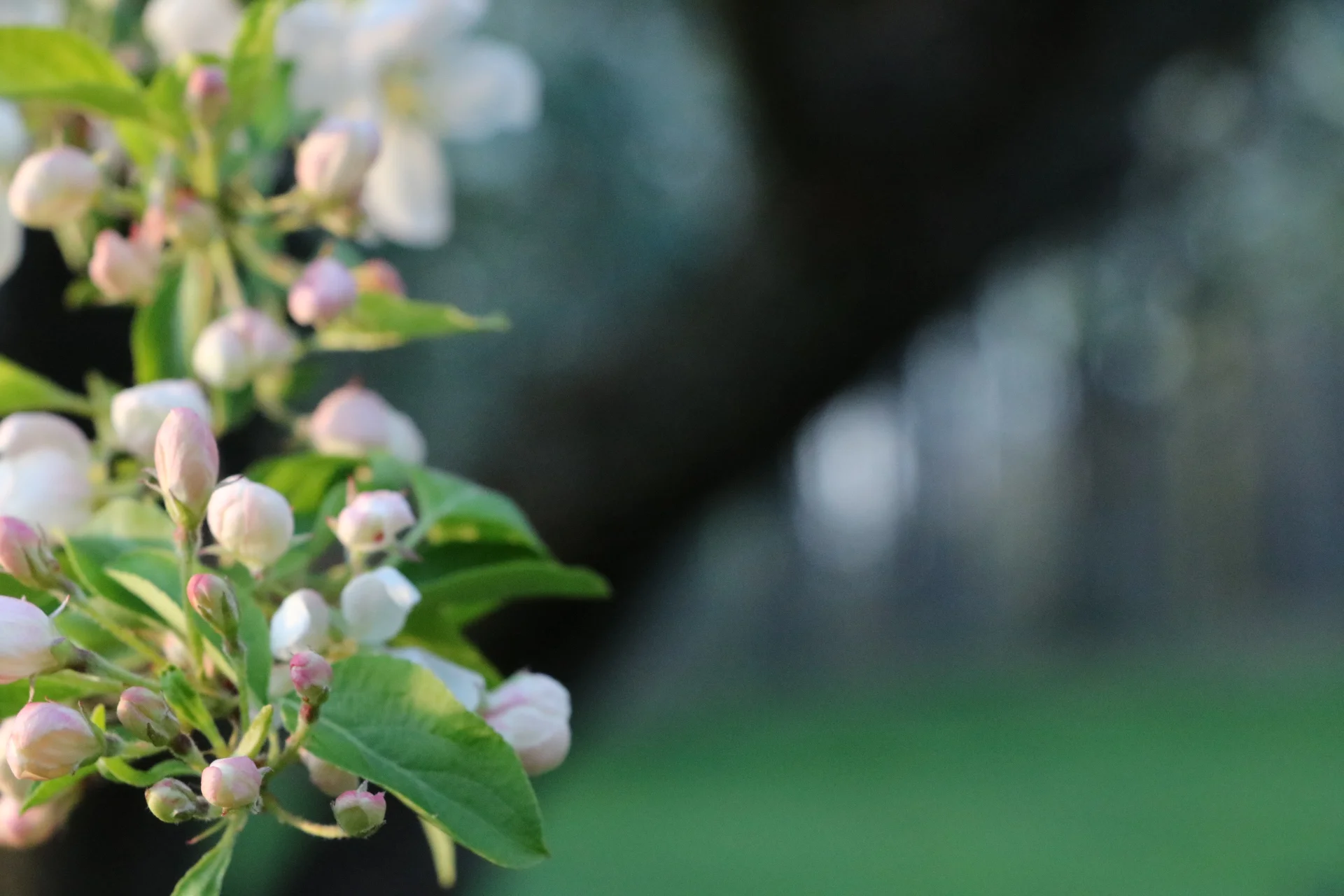Top 10 Perennials for Bees
/What is a perennial? The term "perennial" refers to an herbaceous plant that typically dies back in winter but comes back year after year. Perennials are a great addition to the landscape for a variety of reasons. There are so many varieties to choose from, and there is almost certainly a perennial plant that will solve a garden problem. Some love hot, dry places. Some love damp, shady spots. Some grow tall, some form ground covers. There is likely a perennial that will fit nicely into almost any area of your yard, even a container!
- Peonies - my personal favorite, these large, show-stopping blooms also provide a food source for bees and other pollinators early in the season.
- Milkweed - whether you choose common milkweed, swamp milkweed or butterfly weed, all varieties of asclepias provide valuable nutrition to bees and other pollinators. Milkweed varieties do quite well in a otherwise difficult locations. Bonus, monarch butterfly habitat!
- Bee balm - pretty obvious choice, right? Bees and other pollinators love the nectar-rich clustered blooms.
- Lavender - a garden staple that is sure to attract bees with it's lovely clustered blooms. We all know that lavender is useful to use, as well. And, it's pretty easy to grow if given proper drainage.
- Black-eyed susans - we're talking about the rudbeckia type here. These classic perennial garden plants form large clumps of long-lasting flowers that bees and butterflies can't resist.
- Cardinal flower - striking spikes of color attract pollinators, while some varieties of these easy to grow plants thrive in boggy, wet places in the garden.
- Coneflower - Echinacea has many health benefits to humans, but is also particularly attractive to pollinators. The long lasting blooms provide a feat for bees, butterflies, and hummingbirds throughout the later part of the summer into fall.
- Boneset - a native plant in our area, this surprising bog tolerant perennial is particularly pretty tucked into the edge of a forest and will provide blooms into the late summer.
- Salvia - Any flowering variety of sage will provide the beautiful clusters of blooms that bees love, and most salvias are quite drought tolerant once established.
- Phlox - whether you choose a low-growing ground cover type or the tall summer phlox, these clustered blooms will be sure to attract bees and butterflies to your garden.
We offer a wide variety of perennials during the season here at Masterson's. We try to focus our offerings on plants that will benefit our pollinators, either because they are native plants or because they are pollen or nectar rich food sources. Stop in any time spring through fall to see what is looking great. You may even notice which plants the bees from our apiary are particularly attracted to on a given day!


